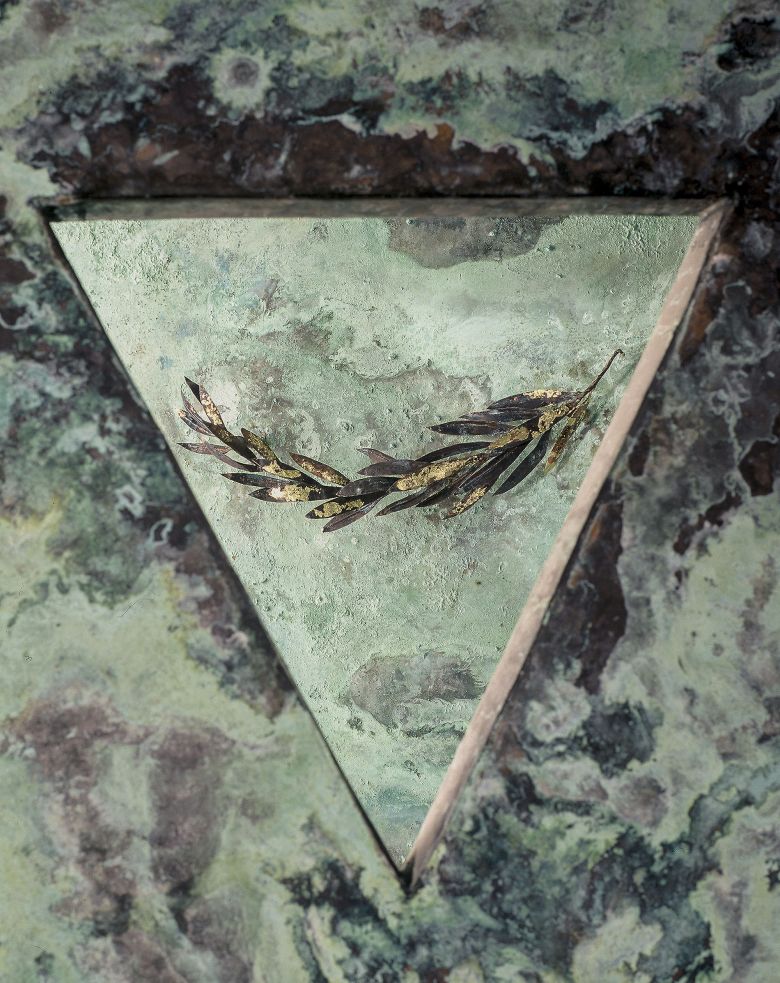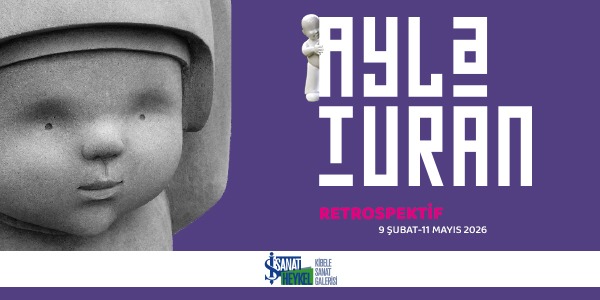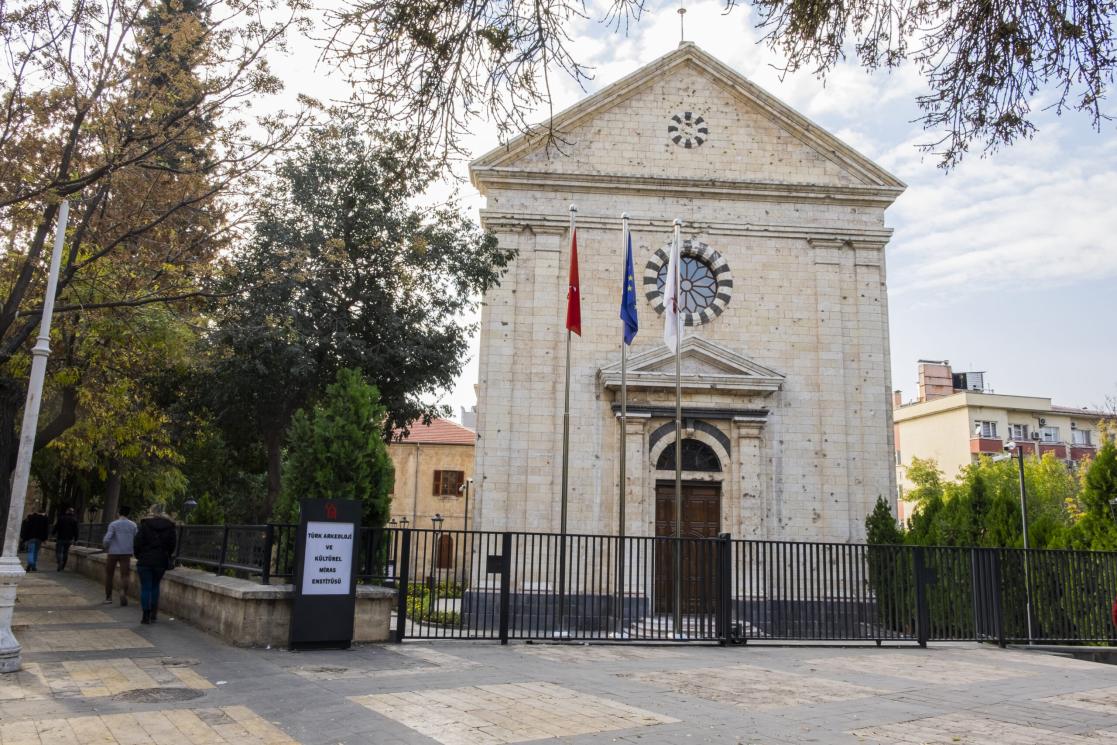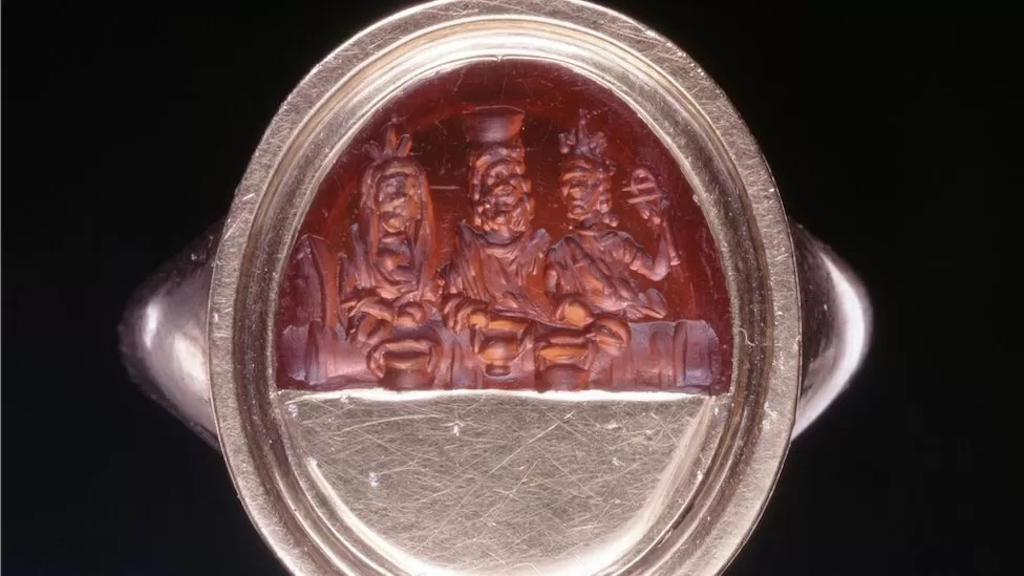In the Realm of Three Inland Seas is the most comprehensive exhibition of Handan Börüteçene, whose practice has firmly focused on archaeology, history, and nature for over forty years. The title points to a geography that has inspired the artist with its land and seas as well as cultural heritage and myths: Anatolia and Thrace. The selection presented at Salt Beyoğlu highlights various works, including Börüteçene’s early pieces making up her graduation project, her award-winning installation Kır/Gör [Break/See] (1985), the terracotta series displayed in the Urart Art Gallery in 1987, and her large-scale public sculptures. Tracing an artistic practice that challenges amnesia, the exhibition opens up the artist’s desires, issues that she has persistently tackled, recurring motifs, and new directions in her works.
Early on, Börüteçene was inspired by the expansive history and multilayered visuality of Istanbul, the city she was born and raised in. During the artist’s childhood years, when her interest in and excitement around the past became clear, the archaeology books she browsed in her father’s library and the family visits to the Istanbul Archaeology Museums greatly influenced her imagination. Her mother, Mrs. Hesna, was a master embroiderer; the multicolored crystal beads, spangles, and pearls scattered around while she was working reinforced the artist’s relationship with color and form.
While studying ceramics at the State Academy of Fine Arts in Istanbul, Börüteçene joined archaeological fieldwork with the motivation of moving beyond the “four walls” and learning from the earth’s past. Her first excavation at Arykanda Ancient City coincided with her senior year at the Academy. Upon graduating in 1981, the artist moved to Paris and worked in the sculpture studio of Georges Jeanclos and César (Baldaccini) at l’École nationale supérieure des Beaux-Arts (1982-1984). Her first solo exhibition opened in Paris, while she took part in other significant exhibitions in Istanbul.
For Börüteçene, the concept of “memory of the Earth” covers the artist’s personal history as well. As her universe of knowledge expanded, her acquaintances from previous eras—such as Sumerian Ludingirra, Hittite Teshub, Sappho of Lesbos, and Moero of Byzantium—grew larger. She recorded her dialogues with such companions in her journals, which she has been carrying from her Paris studio to Venetian cafés and Mediterranean coasts. A selection of these notes, including quotes, drawings, scribbles, and poems, has turned into logbooks for the works Denize Âşık Olan Kürenin Kitabı [The Book of the Sphere That Loves the Sea] (1990) and Kendime Gömülü Kaldım [I Remained Buried Within Myself] (1999-ongoing). Previously printed only in a few catalogs, these texts shed light on Börüteçene’s artistic thought process as they now accompany the works in the exhibition.
The artist has pursued a nomadic life between Istanbul, Paris, and Kaş. These translocations, in time, distanced Börüteçene from her works physically, if not conceptually. A group of works that were acquired into collections or that she gifted to friends have disappeared, deteriorated, or faded away due to various reasons. Her public sculptures in Istanbul have moved away from their original purpose due to functional changes in those places or are left to wear. Emphasizing these unrecorded, out-of-sight, and lost works, In the Realm of Three Inland Seas also addresses the negligence towards cultural heritage and artworks in Turkey.









